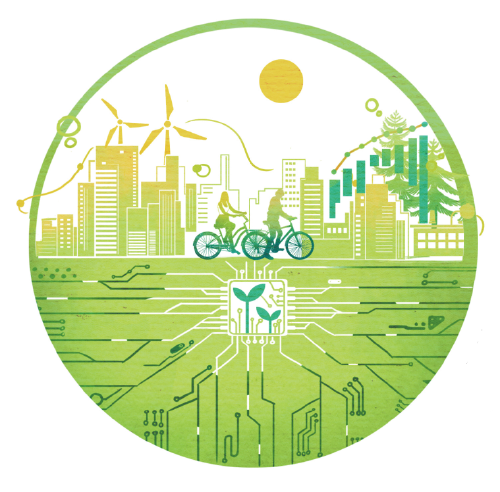
China is expected to firmly safeguard its core economic interests and advance progress in critical areas of green transformation and AI technology, despite the fact that the United States is likely to continue trying to exclude it from key world value chains, said a senior expert on China-US economic and trade relations in an exclusive interview with China Daily.
Ju Jiandong, chair professor at PBC School of Finance, Tsinghua University, made the remarks as he believes the US will likely continue trying to maintain hegemony in the world by containing China, the "strategic competitor" it has defined on no solid ground.
"China is not intent on replacing the US as a new hegemony. Rather, we just want to develop. It is important for the US to be rational and avoid destructive competition that could harm both economies and the global community," Ju said.
Ju, who is also director of the Center for International Finance and Economic Research at PBC School of Finance, Tsinghua University, argued that a central undertaking for China is advancing industrial upgrades to maintain long-term healthy economic development, relying on driving growth in the AI industry and green sectors despite US pressures and restrictions such as export controls and tariffs.
Progress in those two key fields would bolster the Chinese economy and help China reach a potential annual growth rate of above 5 percent, he said.
He also believes that China has a strong advantage in manufacturing and a huge market for AI applications, which no multinational company can afford to lose, although the US currently holds a lead in software development, particularly in areas like large language models.
"What the US would like to do is trying to lead China in AI technology by one to two generations," Ju said. "I do not see how it is possible for the US to develop AI industries purely relying on AI software development, excluding Chinese manufacturers and the market of 1.4 billion Chinese people."
As for green transformation, China is already taking a leading role in new energy, and concerns about "overcapacity" in China's green sectors are unfounded as the world needs more, not less, investment in green technologies, he said.
"The so-called overcapacity in markets is caused by trade frictions and policy barriers that prevent the supply from meeting the demand."
He observed that the US' consistent pursuit of "strategic competition" against China since 2018 has only served to disrupt global supply chains and drive up inflation. In a recent development, the outgoing Biden administration granted unrestricted access to AI-related chips to 18 close allies while imposing strict licensing requirements on most other nations.
In response, China's Ministry of Commerce said in a statement that the country will take necessary measures to resolutely safeguard its legitimate rights and interests.
While the two countries have different priorities and approaches, AI and green transformation should be areas of collaboration that benefit both sides and the world as a whole, stressed Ju, who recently published a book on global competition. The book, titled The Great Power Competition and The World Order Re-Architecture, was published by Peking University Press.
"China is a global manufacturing hub. If you really want to maximize your interest, you don't cut off your equipment supplier or act against your customers," Ju said. "If the US wants to maximize US interests, it should not blame others for maximizing their interests as well."

